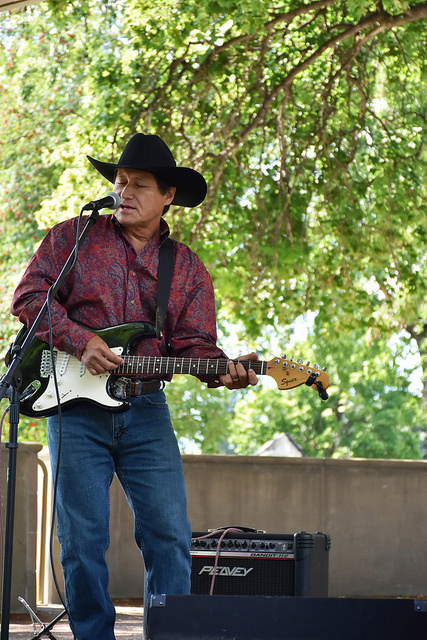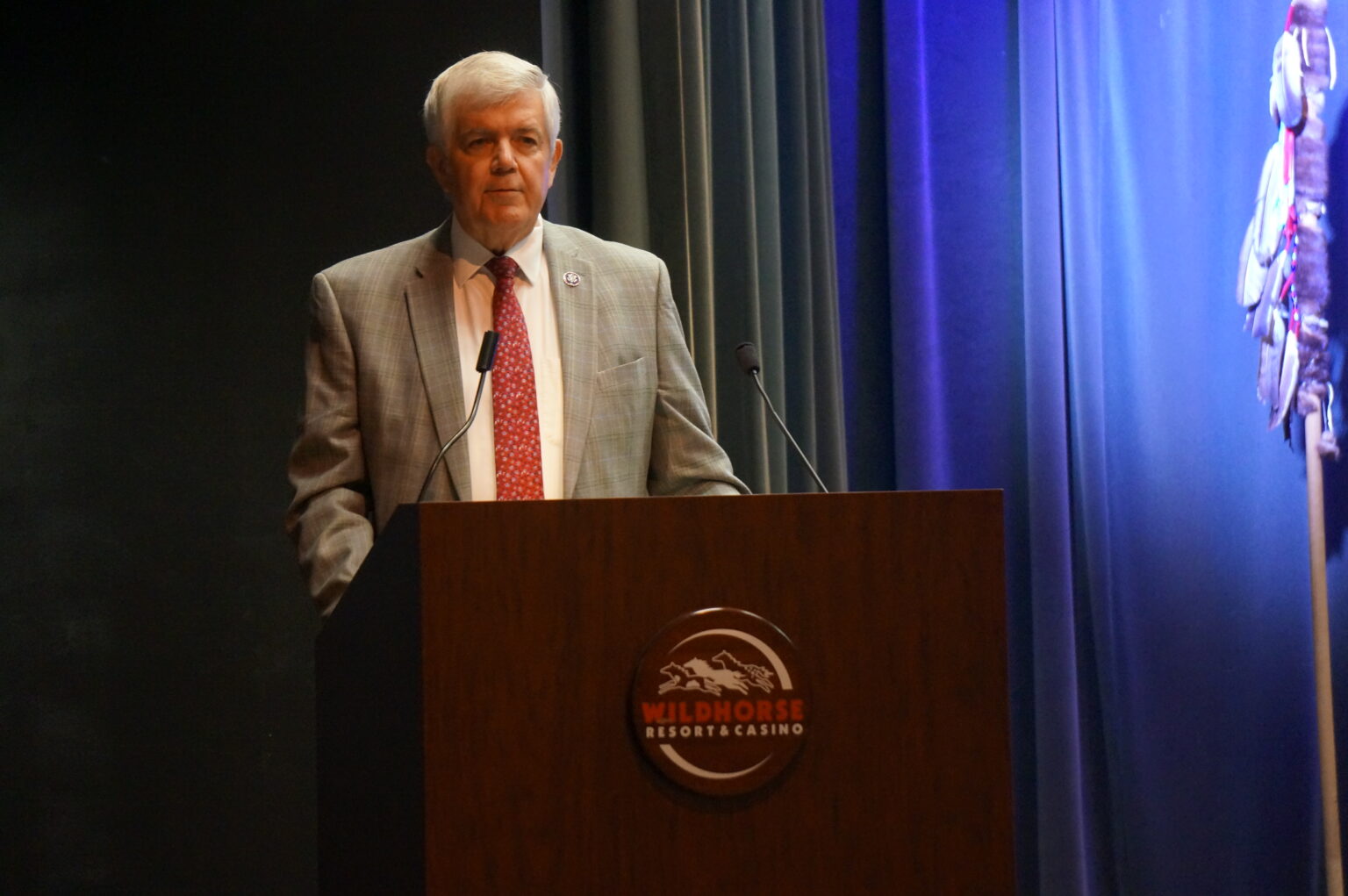EDITORIAL: 24-hour police patrols needed, but it’s going to cost
Published 10:39 am Monday, November 20, 2023
A month ago Baker City Police Chief Ty Duby described his department’s workforce as “bare bones.” Today it’s down to the marrow. The recent resignation of one patrol officer, and the possible departure of two others soon, could leave the department with just four patrol officers, half the normal contingent.
Trending
The budget for the current fiscal year, which started July 1, 2023, covers 15 sworn officers — eight patrol officers, two patrol sergeants and one criminal sergeant, two detectives, the school resource officer and the chief.
The staffing shortfall prompted Duby to tell the Baker City Council on Nov. 14 that the department will cease patrolling, probably from 3 a.m. to 7 a.m. daily.
It’s not clear when this will start — Duby said sometime this winter — or how long the reduction in patrolling will last.
Trending
Due to the two current vacancies, the two patrol sergeants have been covering 12-hour patrol shifts rather than supervising patrol officers.
This is not ideal, said Sgt. Wayne Chastain, a 23-year department veteran who serves as the criminal sergeant, overseeing the two detectives, the school resource officer and the code enforcement officer.
The two detectives could also potentially handle some patrol shifts, but that, too, poses a tradeoff.
Chastain said the detectives between them are working on 17 “major” cases, including sex abuse allegations and fraud investigations involving victims who have lost hundreds of thousands of dollars.
Maintaining 24-hour patrols has been a challenge for the past few years.
Duby said in the summer of 2022 that he had pondered a change that would have ended patrols from 3 a.m. to 7 a.m. daily. He said at the time that based on an analysis of reports, there are relatively few calls during that period, and about 90% of those calls don’t require an immediate police response.
The department continued 24-hour patrols, but the recent resignations have exacerbated the problem.
Although the reduction in patrols is due to staffing, not a budget shortfall, Chastain said anxiety among officers about the city’s financial situation seems to be contributing to at least some of the departures.
Interim city manager Jon France has projected that the general fund, which includes the police and fire departments, could have a shortfall of about $900,000 for the fiscal year that starts July 1, 2024.
That projection prompted the previous city council in August to pass a resolution imposing a public safety fee of $15 per month for residential water-sewer accounts and $50 for businesses.
The current city council voted 3-2 on Nov. 14 to temporarily suspend the fee, which took effect Oct. 1. Although Mayor Randy Daugherty voted for the suspension, he said there’s no question that the city needs to find a new source, or sources, of revenue for the general fund to avoid cuts in the police and fire departments in the next fiscal year.
This is the council’s highest priority.
The public safety fee, based on the $15/$50 rate, would raise an estimated $1 million per year. The fee is regressive, since it’s the same rate regardless of a resident’s income.
Councilor Larry Pearson has suggested an alternative that would also bring in about $1 million per year — a levy that would boost property taxes inside the city limits. The levy, unlike the public safety fee, would require voter approval. The levy would also be less regressive, since owners of more valuable property would pay more.
Pearson’s idea has merit. The levy, which could potentially go on the May 2024 ballot, would give voters a chance to decide how much they’re willing to pay for public safety.
But the levy shouldn’t be the only option, creating a situation in which either voters pass the levy or the city’s public safety capacity potentially suffers even more than it already has.
In addition to the depleted police department and resulting patrol cuts, the city is still suffering from a previous city council’s decision in 2022 to end ambulance service through the fire department. That slashed the fire department workforce nearly in half (and more, actually, before the city hired several firefighters earlier this year) and it also cost the city approximately half a million dollars in general fund revenue, since the personnel savings fell well short of the ambulance billing revenue the city has given up.
The public safety fee, despite its flaws, remains a legitimate option.
The previous council also discussed revenue sources that, unlike the safety fee or a tax levy, don’t put all or most of the financial burden on local residents.
A gasoline tax, for instance, would also bring in money from travelers.
Negotiating higher rates for the franchise fees that utilities pay the city for using public rights-of-way also likely wouldn’t affect residents’ bills.
The council should consider all plausible options.
Moreover, the goal shouldn’t be to merely maintain the status quo for public safety spending. The council’s goal should be to boost the police department budget to allow Duby to hire two more patrol officers, bringing the total to 10 and the department’s roster of sworn officers to 17.
(The La Grande Police Department, which has 24-hour patrols in a city with about 3,400 more residents than Baker City as well as Eastern Oregon University, has 20 sworn officers, including 10 patrol officers, one lieutenant and four patrol sergeants.)
Although Duby noted that reports of serious crimes are rare during the early morning, maintaining 24-hour patrols should be a minimum expectation for the department.
Achieving that goal will require residents to pay more in some form. The task facing city councilors now is to figure out, and relatively soon, what that form should be.









